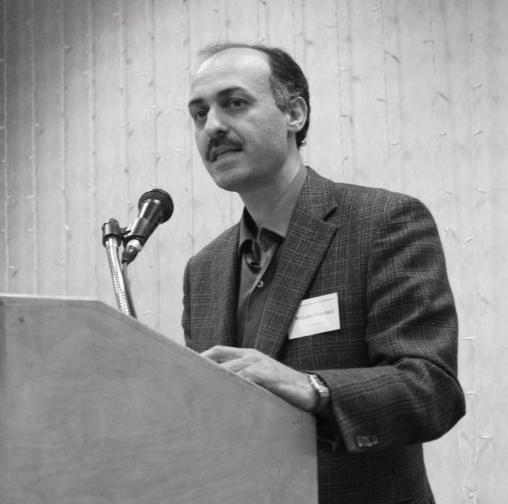The fallacy of Middle East Exceptionalism

The fallacy of Middle East Exceptionalism
Mojtaba Mahdavi | September 22, 2015
Five years after the popular uprisings in the Middle East and North Africa, the region remains in a deep and profound crisis. The rise of ISIS in Iraq and Syria, the breakout of proxy war in Yemen and Syria, the chaos and collapse of the Libyan polity, the failure of Islamists in power and the subsequent return of a military regime in Egypt, and the survival of autocratic regimes in Saudi Arabia and other Arab monarchies have largely contributed to the revival of an old and naive cliché about the Middle East. This cliché suggests the violent culture of the Middle East exceptionally resists democratic ideals and institutions. We often hear this line of argument, known as the “Middle East Exceptionalism,” in the media. However, this is a very simplistic reading of the current events in the region. Here is the counterargument: The people and their civil rights movements are victims of local extremists, regional proxy wars and global politics of domination.
In 2010-11, millions of ordinary people – men and women, young and old, religious and secular, Muslims and non-Muslims – came to the streets of the region and demanded Hurriyya (freedom), ‘Adāla ijtimā‘iyya (social justice), and Karāmā (dignity). They wanted to overthrow the dominant regimes. Their slogans were indicative of a quest for democracy and social justice. There was no demand for Islamic state; there was no indication of the “clash of civilizations” between the West and the Middle East. There was nothing exceptional to the Middle Eastern culture and values


